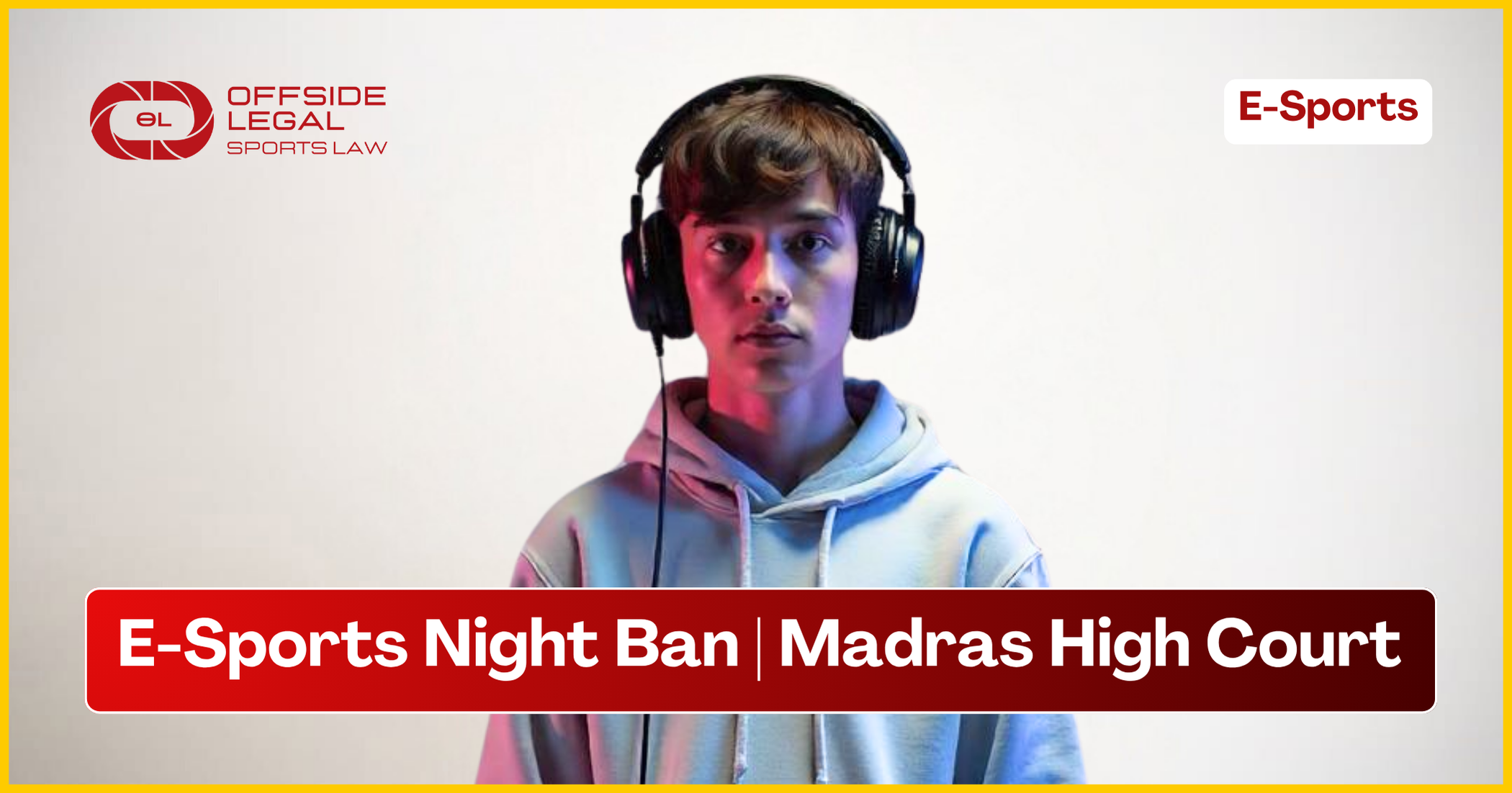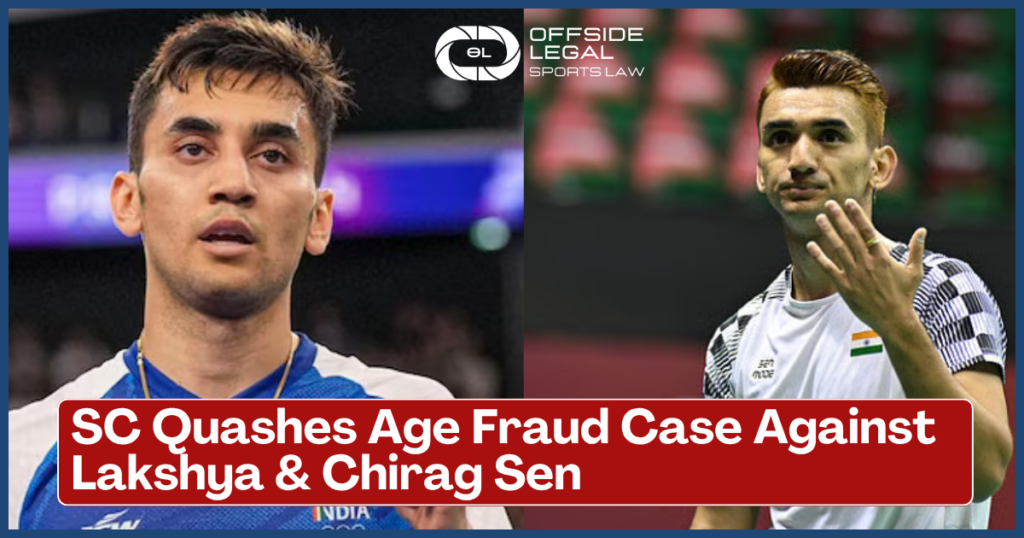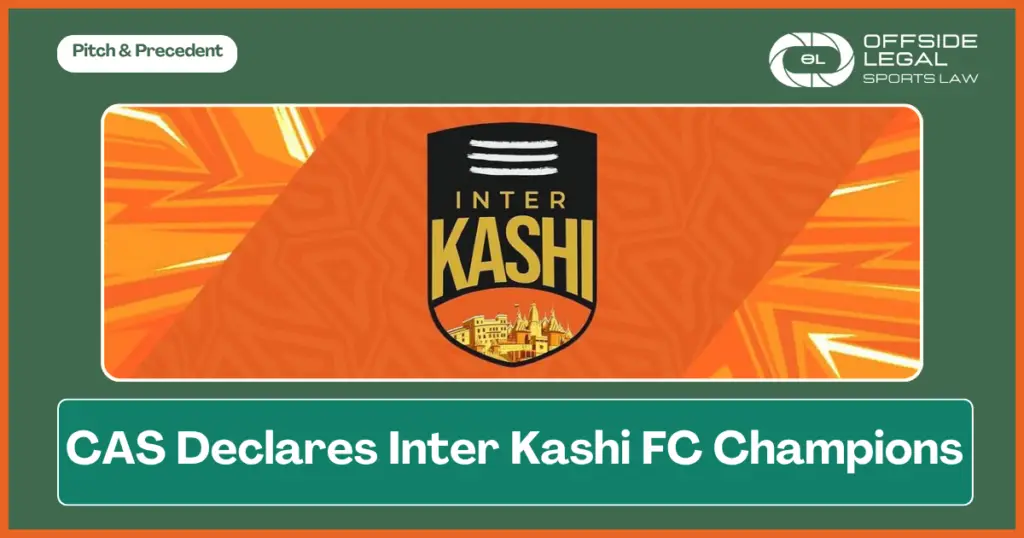Madras High Court Upholds Night-Time Ban.
In a landmark verdict with national implications, the Madras High Court , on June 3, 2025, upheld the constitutional validity of the Tamil Nadu Prohibition of Online Gambling and Regulation of Online Games Act, 2022, along with the Tamil Nadu Online Gaming Authority (Real Money Games) Regulations, 2025. The ruling affirms the State’s authority to regulate digital gaming in the interest of public health, safety, and welfare. The Hon’ble Madras High Court upholds Night-Time Ban.
At the heart of the Court’s decision were two pivotal measures:
-
A “blank hour ban” prohibiting real money games (RMGs) between 12:00 a.m. and 5:00 a.m.
-
A mandatory Aadhaar-based KYC (Know Your Customer) verification for users accessing such platforms.
The judgment is expected to set a precedent for how Indian States can regulate online gaming without infringing upon fundamental rights or central legislative domains.
Why This Judgment Matters
-
First major judicial endorsement of State-led regulation of online real money games.
-
Establishes a public health and welfare framework as a legitimate constitutional basis for such laws.
-
Recognizes the digital addiction crisis and privacy safeguards in gaming laws.
-
Provides a blueprint for other States considering regulation in the booming online gaming industry.
Key Provisions Upheld by the Court
The Division Bench comprising Justice S.M. Subramaniam and Justice K. Rajasekar ruled on writ petitions filed by leading gaming companies, including Play Games 24×7 Pvt. Ltd., challenging both the parent Act and the subordinate regulations.
1. Night-Time Gaming Ban (Blank Hour Ban)
-
12 AM to 5 AM restriction upheld as a reasonable regulation under Article 19(6).
-
Based on scientific studies linking night-time gaming with impulsive behavior and addiction.
2. Aadhaar-Based KYC Verification
-
Mandatory KYC via Aadhaar with two-step authentication held constitutionally valid.
-
Helps in age-gating, fraud prevention, and minors’ protection.
3. Sections and Regulations Validated
-
Sections 5(2) and 14(1)(c) of the 2022 Act
-
Regulations 4(iii) and 4(viii) of the 2025 Rules
-
All found consistent with constitutional rights and legislative competence.
Legislative Competence: Entry 6 and Entry 26 of State List
The Court reaffirmed that States are fully competent to enact such laws under:
-
Entry 6 – Public Health
-
Entry 26 – Trade and Commerce within the State
It dismissed arguments invoking Article 254 (repugnancy), stating that the impugned legislation does not encroach upon any matter in the Concurrent List.
Public Health Justification and Expert Data
In a sharp rebuttal to the petitioners, the Court cited:
-
47 suicides in Tamil Nadu (2019–2024) linked to gaming addiction.
-
Government reports and psychological studies showing increased dopamine activity, reward-seeking behavior, and loss of self-control during late-night hours.
In this context, the Madras High Court Upholds Night-Time Ban as a necessary intervention to protect public health and safety.
Court’s view:
“Regulation becomes a priority to ensure the safety and protection of the general public… The adverse effects are much larger to the people than the need for securing the individual right to free trade.”
This observation dismantled arguments that the measures were driven by moral policing, instead emphasizing scientific evidence and public welfare.
Also Read: CAS Ad Hoc Divisions Rules: FIFA Club World Cup 2025
Privacy and Aadhaar: Court’s Reasoned Balance
Petitioners challenged the Aadhaar-KYC mandate as violating the right to privacy under Article 21. However, the Court upheld:
-
The two-step verification process as proportionate.
-
The precedent set by Justice K.S. Puttaswamy v. Union of India, where privacy was recognized as a qualified right.
Court’s Remark:
“When put on a scale, a compelling public interest outweighs the right to privacy. The Puttaswamy case does not endorse privacy as an absolute right.”
Paternalism or Protection? Court’s Rebuttal
Responding to the criticism that the State was overreaching by behaving like a “stepfather”, the Court stated:
“Our country is built on a social and cultural fabric which is distinct from the rest of the world… The State must act to protect the physical, mental, and financial well-being of its people.”
This underscores the Indian constitutional model as one of positive welfare obligations, where individual freedom must co-exist with societal safeguards.
Also Read: Shashank J. Rai: Doping Ban Quashed by Karnataka High Court
Implications for Online Gaming Platforms
This ruling is a watershed moment for the Indian real money gaming industry, sending a clear signal:
✅ Age-verification is mandatory
✅ Responsible gaming is a regulatory priority
✅ Public interest trumps unchecked digital freedom
Gaming companies must now review their compliance protocols, especially in States that may adopt similar regulatory frameworks.
Wider Impact Across India
The verdict is likely to:
-
Influence pending litigation in other High Courts and the Supreme Court.
-
Serve as a legislative model for other Indian States.
-
Strengthen the call for a national framework governing online gaming and user protection.
States like Kerala, Karnataka, and Telangana, which have previously attempted similar bans, may now revisit their policies with this judgment as backing.
Access the Judgment; Madras High Court Upholds Night-Time Ban here.
Conclusion: A Milestone in Indian Gaming Law
The Madras High Court Upholds Night-Time Ban judgment delivered in June 2025 is more than a local regulatory affirmation—it marks a foundational moment in India’s emerging digital gaming jurisprudence.
By balancing constitutional freedoms with public health imperatives, the Court has demonstrated how State governments can responsibly regulate the digital frontier.
For policymakers, gaming companies, and legal professionals alike, this case underscores a critical truth:
In India, digital innovation must walk hand-in-hand with public accountability.










